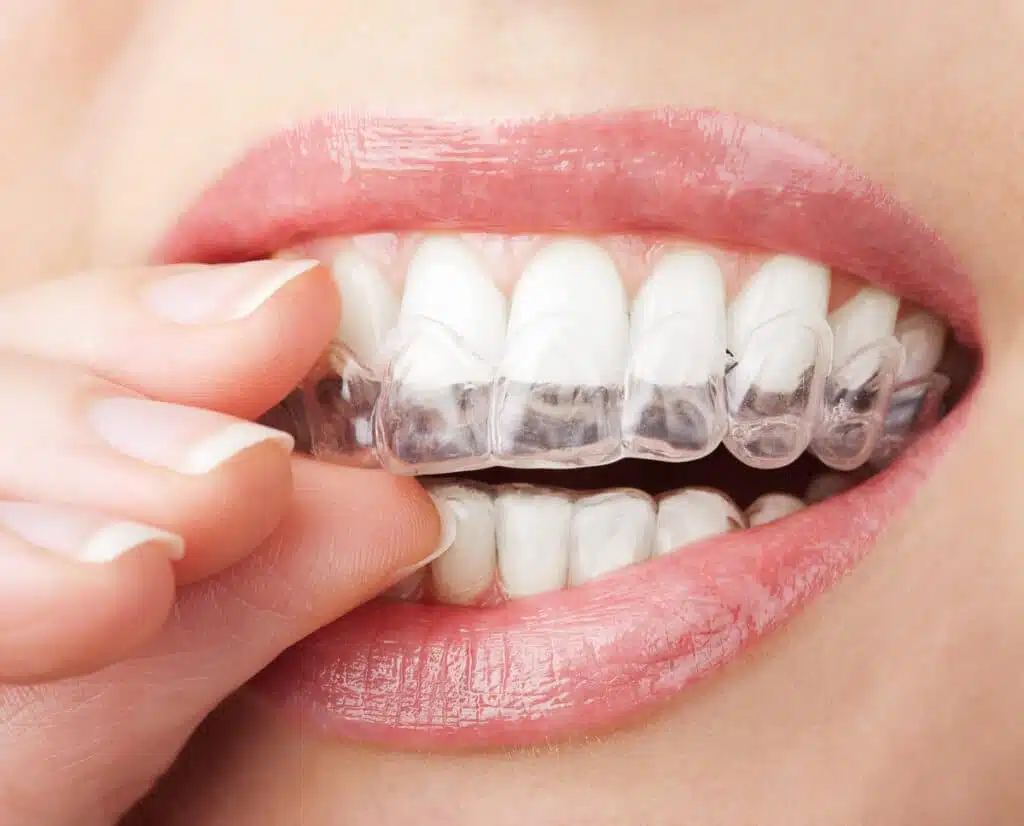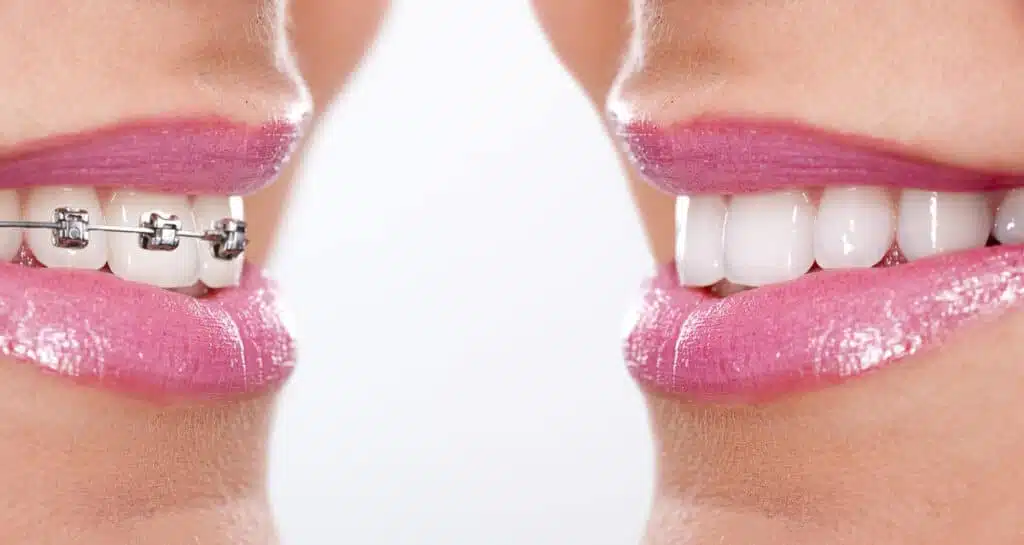I lost My Retainer: What Should I Do in the Meantime? You will find the Answer to this Question and more Information in this Article.
Your retainer is essential to your orthodontic treatment, ensuring that your teeth stay in their corrected positions.
However, misplacing or losing a retainer can happen to anyone. If you find yourself in this situation, don’t panic.
In this article, we will guide you on what to do if you’ve lost your retainer and how to manage the situation in the meantime.

Introduction to the Topic: “I Lost My Retainer”
Orthodontic treatment requires commitment and dedication, and retainers play a vital role in maintaining the results achieved by braces or aligners.
A retainer is a custom-made appliance designed to hold your teeth in their new positions after the active phase of your treatment.
It is typically worn full-time immediately after treatment and gradually transitioned to nighttime wear.
Losing a retainer can be frustrating, but taking immediate action is essential to prevent your teeth from shifting back to their original positions.
Here are some steps you should take when you realize you’ve lost your retainer.
Immediate Steps to Take
- Retrace your steps and search for the retainer: Start by searching the areas where you may have misplaced the retainer. Check your home, car, school, or workplace thoroughly. Often, retracing your steps can help you locate the retainer.
- Contact your orthodontist or dentist: Reach out to your orthodontist or dentist as soon as possible to inform them about the situation. They can provide guidance based on your treatment plan and advise you on the best course of action.
- Temporary solutions to prevent teeth movement: In the meantime, preventing your teeth from shifting is crucial. If you can’t find your retainer or if it’s damaged, consider these temporary alternatives:
- Store-bought dental wax or putty: Dental wax or putty can be used to cover any sharp edges or rough surfaces caused by the absence of the retainer. It acts as a temporary barrier, preventing your teeth from moving excessively.
- Clear aligners as temporary retainers: If you have completed your orthodontic treatment with clear aligners, you can continue wearing your last set until you obtain a replacement retainer.
- Home remedies to prevent teeth shifting: Some home remedies, such as using a clean pair of socks or a tightly rolled-up hand towel, can apply gentle pressure on your teeth, minimizing the risk of shifting. However, these methods should only be used temporarily and under the guidance of your orthodontist or dentist.

Preventing Future Losses
Once you have managed the immediate situation, taking preventive measures is essential to avoid future retainer losses. Here are some tips to keep in mind:
- Creating a routine for retainer maintenance: Incorporate cleaning and storing your retainer as part of your daily routine. This habit will reduce the chances of misplacing it or accidentally damaging it.
- Tips for keeping retainers safe during activities: If you engage in sports or physical activities, remove your retainer and store it safely in a protective case. Avoid wrapping it in a napkin or tissue, as it may be easily discarded.
- Traveling with retainers: Always carry a retainer case with you. Avoid placing it in checked luggage or leaving it behind in hotel rooms. Keeping your retainer close and secure will minimize the risk of losing it while away from home.
Replacement Options
If you cannot locate your lost retainer or if it’s damaged beyond repair, consult your orthodontist or dentist for replacement options.
They will evaluate your specific needs and recommend the most suitable solution. Replacement options may include:
- Getting a new retainer from your orthodontist or dentist: Your orthodontist or dentist can create a new retainer tailored to your current tooth alignment. They will take impressions of your teeth and craft a custom retainer to maintain the results of your orthodontic treatment.
- Types of retainers: fixed, removable, and clear aligners: There are different types of retainers available, including traditional removable retainers, fixed retainers bonded to the back of your teeth, and clear aligners designed for long-term wear. Your orthodontist or dentist will advise you on the most suitable type for your needs.
- Costs and insurance coverage: Replacement costs for retainers can vary depending on the type and complexity of the retainer. Check with your orthodontist or dentist about the costs involved and whether your insurance covers any portion of the expenses.
Conclusion on the Topic: “I Lost My Retainer”
Losing your retainer can be a setback in your orthodontic journey, but it’s essential to act promptly and follow the steps to prevent teeth from shifting.
Retrace your steps, contact your orthodontist or dentist, and explore temporary solutions while waiting for a replacement.
By incorporating preventive measures into your routine and staying in touch with your dental care provider, you can ensure the longevity of your orthodontic treatment results.

FAQs on the Topic: “I Lost My Retainer”
How long can I go without wearing a retainer?
It’s best to consult your orthodontist or dentist regarding the recommended duration you can go without wearing a retainer. However, in general, it’s advisable to wear your retainer as instructed to prevent any unwanted movement of your teeth.
Can I use a mouthguard as a temporary retainer?
While a mouthguard may temporarily protect your teeth, it is not designed to function as a retainer. Mouthguards and retainers serve different purposes, and using a mouthguard as a substitute for a retainer may not yield the desired results.
Can I use someone else’s retainer?
Using someone else’s retainer is not recommended. Each retainer is custom-made to fit an individual’s teeth, and using someone else’s retainer can lead to discomfort, poor fit, and potential dental issues. It’s essential to consult your orthodontist or dentist for a replacement specifically designed for your teeth.
Can I adjust my retainer if it doesn’t fit properly?
No, you should not attempt to adjust your retainer yourself. If your retainer doesn’t fit properly or feels uncomfortable, consult your orthodontist or dentist. They can make the necessary adjustments or provide a new retainer that fits correctly.
What should I do if I lost my retainer while traveling?
If you lose your retainer while traveling, contact your orthodontist or dentist as soon as possible to explain the situation. They can provide guidance on temporary solutions or recommend a local dental professional who can assist you with obtaining a replacement retainer.
- About the Author
- More info


Leave a Reply